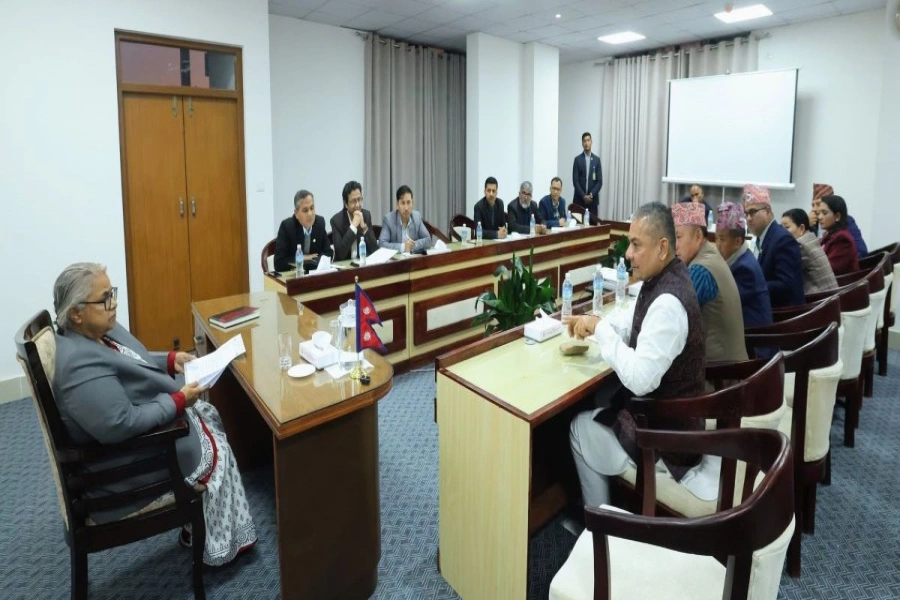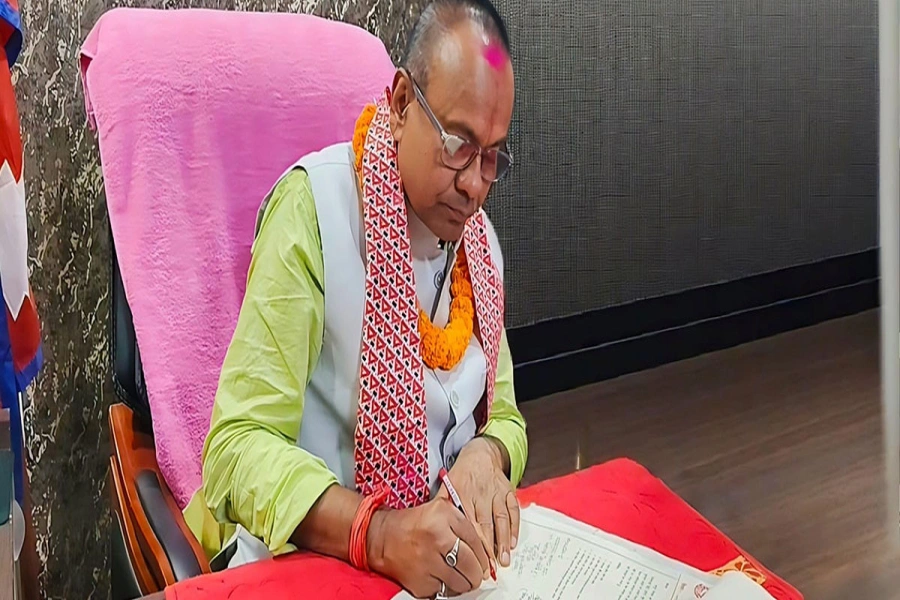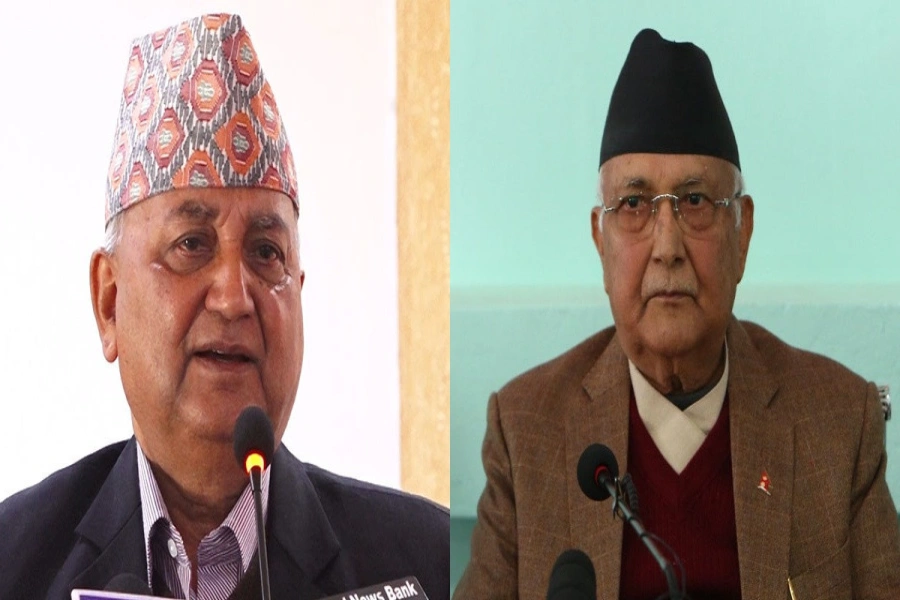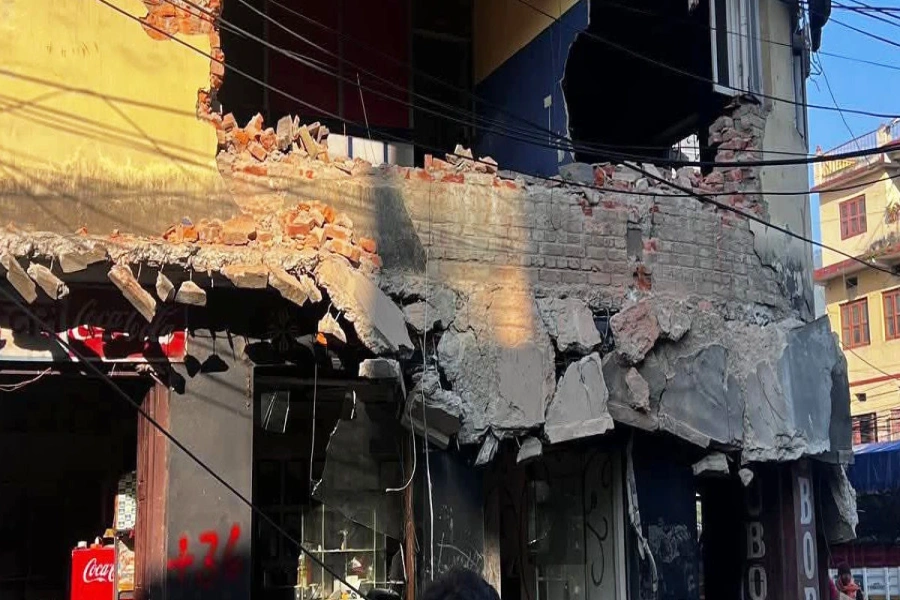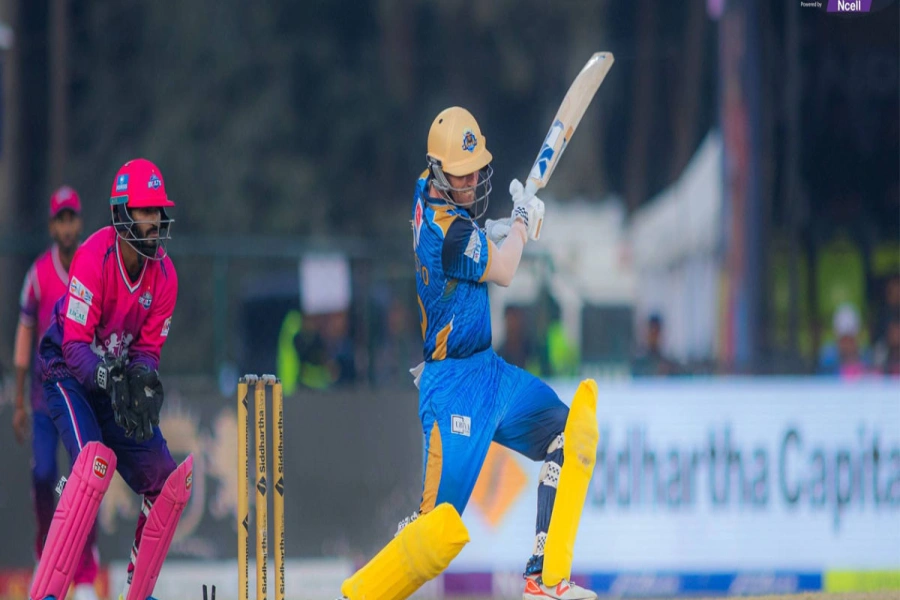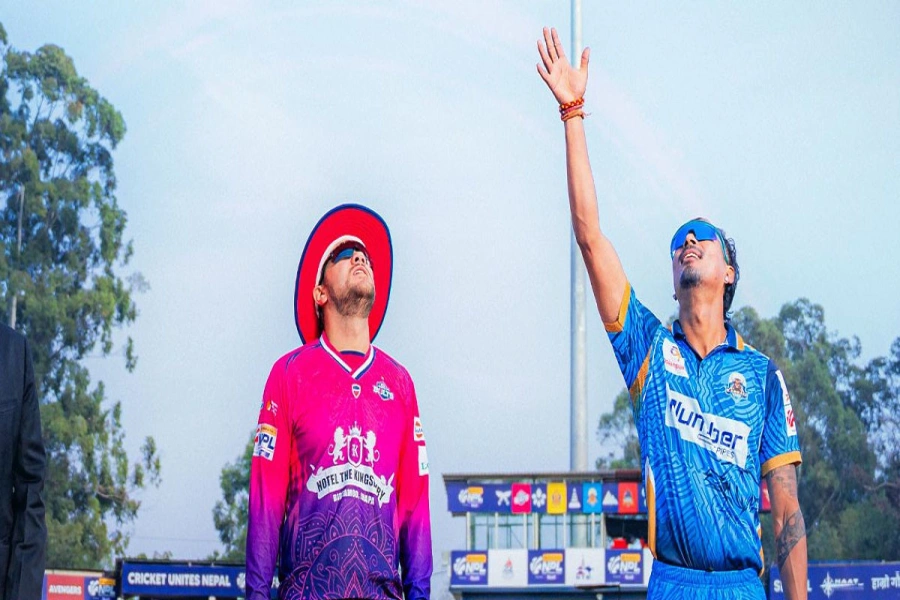KATHMANDU, July 8: The Bhutanese government has released Ram Bahadur Rai, a political prisoner, after nearly 32 years of rigorous imprisonment.
Rai, a 66-year-old Bhutanese citizen born in Taklai, Bhutan, was freed from the Chemgang Central Prison in Thimphu on July 5 after serving 31 years and 10 months. He had been living as a UNHCR-registered Bhutanese refugee in Beldangi-1 sector C, according to the Global Campaign for the Release of Political Prisoners in Bhutan (GCRPPB).
Rai was arrested while distributing political leaflets and later sentenced under the National Security Act of 1992, being labeled a traitor.
Upon his release, Rai was taken to the Indian town of Jaigaon at 11 PM, despite his repeated requests to stay in Bhutan for at least a week to meet relatives and friends. He stated that he was forced to pay 5000 Bhutanese Ngultrum to the escorting police officers.
Lesson learned from Rolpa incident: ID card with a photo for pr...

He was handed over to Indian citizen Raju Magar, who arranged for Rai's stay in India. Due to flooding in India, Rai could not travel to Nepal on July 6 and entered Nepal on July 7 after spending another night in Jaigaon. Magar escorted him to the Indian town of Panitanki, where Rai paid INR 3000 for his help. Initially, Indian security officials at Panitanki restricted his entry into Nepal, but with the help of his son-in-law and by presenting his ration card and other documents, Rai was eventually allowed to enter under the condition he would not return to India.
Rai reached the Bhutanese refugee camp in Beldangi on July 7 evening and is now living with his daughter Ganga and her family. He is exhausted and ill from years of torture in the Bhutanese prison. Rai was deeply saddened to learn that his wife, Laxi Maya Rai, had died in 2009.
The GCRPPB has expressed happiness over Rai's release.
Following the brutal suppression of the peaceful human rights and democracy movement in Bhutan during the 1990s, more than one-sixth of the country's population was forcefully evicted, and hundreds of human rights activists were arrested. Bhutanese refugees, including Rai, organized several peaceful movements to return to Bhutan but were unsuccessful, leading to more arrests and life sentences under the National Security Act.
Although international pressure has led to the release of several political prisoners, dozens remain incarcerated. Human Rights Watch has verified a total of 35 Bhutanese political prisoners in various jails in Bhutan, with 34 still imprisoned following Rai's release. Rai reported that the prisoners face inadequate food, medicine, and other facilities, though physical torture is no longer practiced.
Rai named several prisoners suffering from chronic illnesses in the Chemgang Central Prison, including Damber Singh Pulami, Gangaram Dhakal, Nanda Lal Basnet, Govinda Nirola, and Omnath Adhikari. He appealed to the international community to work towards their timely release.
The GCRPPB has appealed to the Bhutanese king and Bhutanese government to release all remaining political prisoners without further delay. They have also called on justice-loving individuals and the international community to convince Bhutan to free all its political prisoners and allow them to live in peace and freedom with their families.





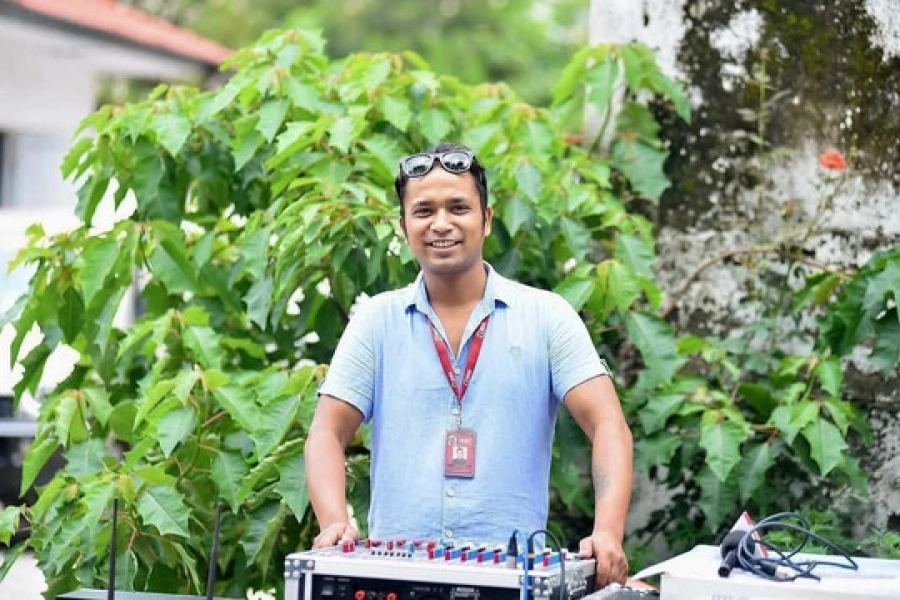



_20240829165847.jpg)






